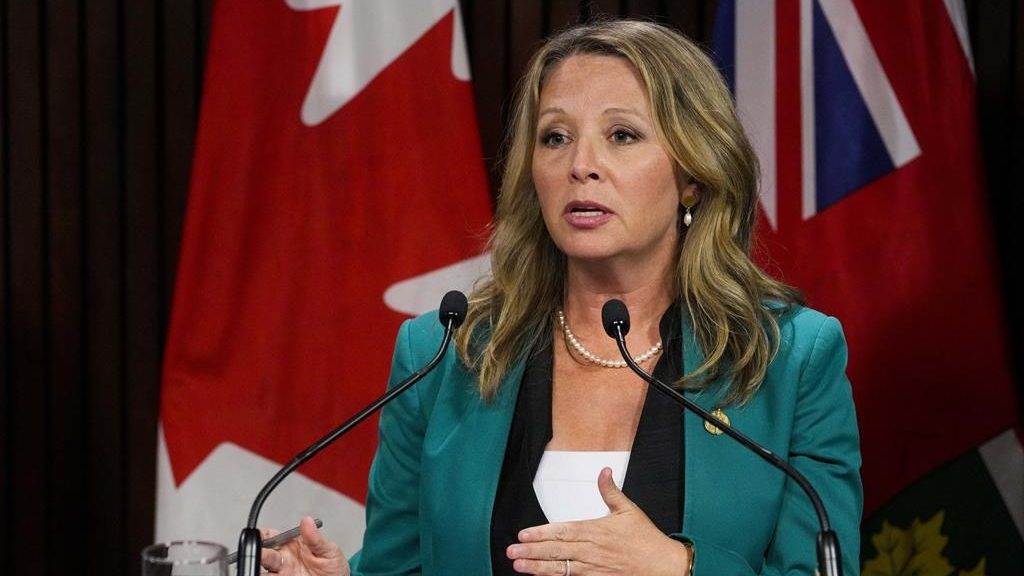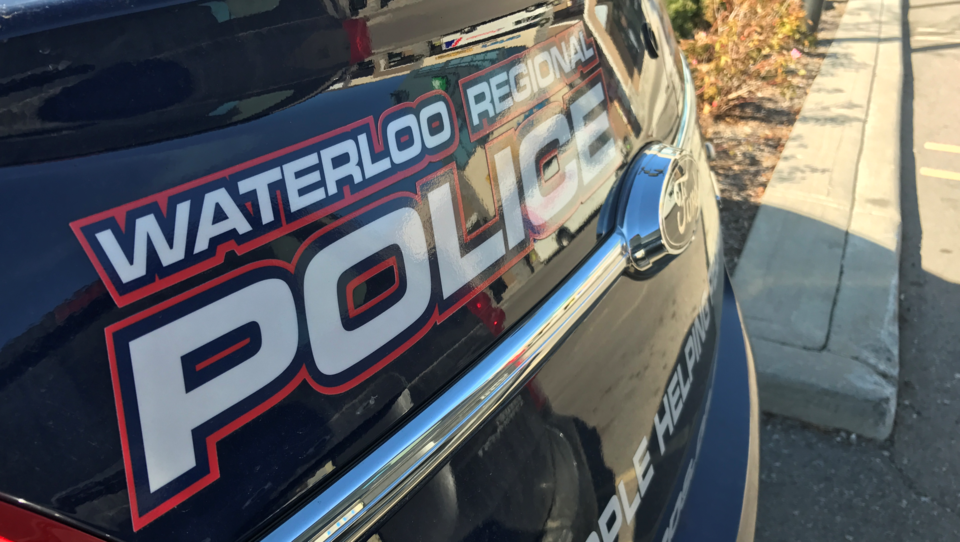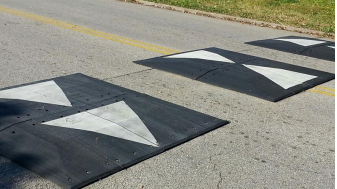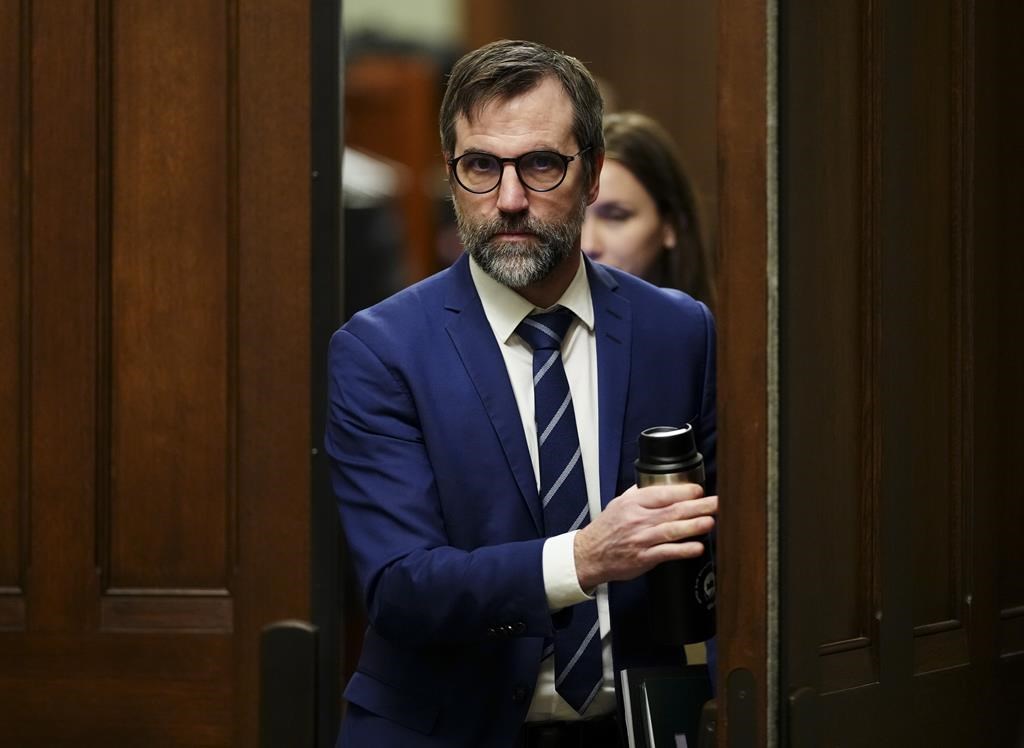Lawsuit over N.L. residential schools paused as Ottawa seeks settlement
Posted Feb 1, 2016 10:19:29 AM.
Last Updated Feb 1, 2016 04:40:17 PM.
This article is more than 5 years old.
ST. JOHN’S, N.L. – In what lawyers for former students called a “surprise development,” the federal government has agreed to talks toward settling a lawsuit alleging abuse and cultural losses at residential schools in Newfoundland and Labrador.
About 1,200 aboriginal plaintiffs are seeking an apology and damages estimated in the tens of millions of dollars. They were excluded from then-prime minister Stephen Harper’s apology in 2008 and a related compensation package that paid more than $4 billion to former students of Indian residential schools across the rest of Canada.
Many of the plaintiffs in Newfoundland and Labrador were devastated to find they were left out of the 2008 apology.
Plaintiff James Tuttauk of Hopedale, N.L., was nine years old when he moved into a dormitory at the Yale School in North West River in Labrador. He accuses a former male staff member of molesting him during bath time and says he was sexually abused for almost three years before he thumbed a ride to be with his mother, who was ill in nearby Goose Bay.
“They settled with the rest of Canada,” he said of the former Harper government. “It seems like the Canadian government … didn’t believe us.
“That’s what hurt the most.”
The lawsuit was adjourned Monday in St. John’s as opposing lawyers are to meet Tuesday with a retired judge in a bid to settle the almost eight-year-old case.
If no deal is reached, federal lawyers will begin defence arguments Feb. 29.
“What has changed? The government — I guess — is the easy answer,” said Steven Cooper, one of several lawyers representing the plaintiffs. He described a dramatic shift in attitude since the Liberal government replaced the Conservatives last fall.
“We heard nothing at all from Canada for many years in terms of settlement,” he added.
“This is a government thus far that has shown considerable sensitivity to First Nations, Inuit and Metis issues. We’ve seen that already and we’re hoping that this is just another in an increasingly long line of honourable resolutions to historical injustices.”
Judge Robert Stack agreed to the adjournment but stressed in provincial Supreme Court that time is of the essence.
“Given the age and some of the health concerns of the members, it’s imperative that we get this case finished.”
Cooper said more than 100 class members have so far died waiting for a resolution.
Lawyers for the federal government, in response to claims that have not been proven in court, have said Ottawa was in no way responsible for schools that opened before the province joined Confederation in 1949.
Defence documents denied that Newfoundland and Labrador schools were “akin” to now-defunct institutions under the federal Indian Act that were the subject of the federal Indian Residential Schools Settlement Agreement.
“The schools in this case were not Indian residential schools,” the federal government argued. “Canada did not, either under the Indian Act or by other purpose or authority, create, operate or manage the schools.”
Lawyers for the plaintiffs have countered that, after Newfoundland and Labrador joined Confederation in 1949, the federal government had the same legal duty to aboriginal students in the province as elsewhere in Canada.
The federal compensation package had tallied about $4.4 billion in common experience and independent assessment payments or approvals as of March 31, 2015, according to the Indigenous and Northern Affairs Canada website.
Prime Minister Justin Trudeau has said his government will work with other jurisdictions to act on recommendations made last year by the Truth and Reconciliation Commission on residential schools.
One of the TRC’s 94 calls to action urged Ottawa “to work collaboratively with plaintiffs not included in the Indian Residential Schools Settlement Agreement” to speed resolutions.
Schools in Newfoundland and Labrador were located in St. Anthony, Cartwright, North West River, Nain and Makkovik.
The International Grenfell Association ran three of the schools, while the German-based Moravian Missionaries ran the other two.
Tuttauk, now 55, said many former students were forever changed as they lost their aboriginal language and culture.
“We didn’t know what love was while we were there,” he said Monday in an interview. “A lot of mean things happened to a lot of us and we need to be recognized and given that apology.
“It would be a great burden lifted off us.”
Follow @suebailey on Twitter.










